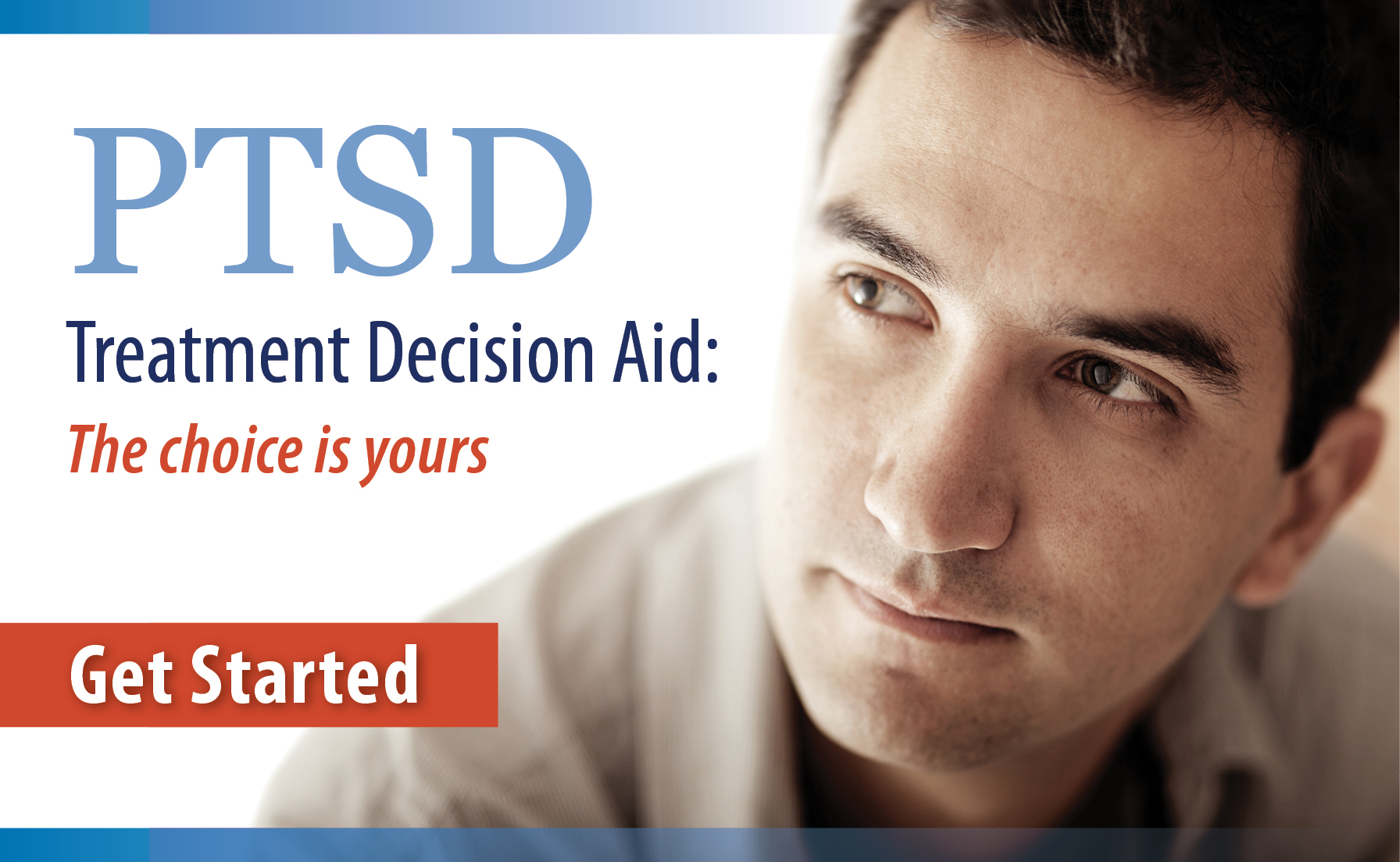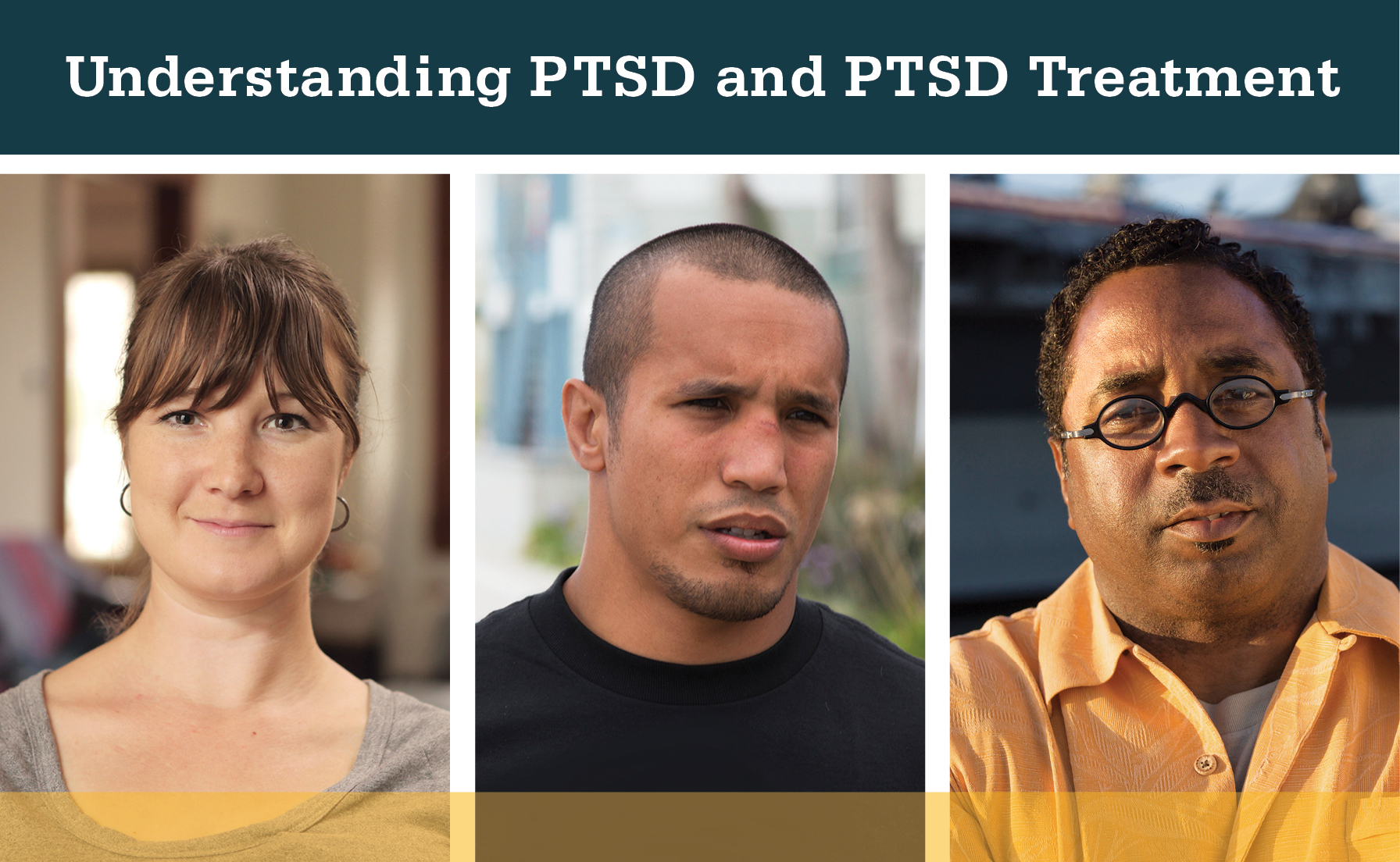Present-Centered Therapy for PTSD
Present-Centered Therapy (PCT) for PTSD
The treatments that work best for PTSD focus on the trauma you experienced. You may prefer a treatment that does not have this focus. The research support is not as strong for these therapies, but they do help you work through your reactions to the trauma and PTSD symptoms. Learn about Present-Centered Therapy (PCT), which teaches you how to deal with current life problems related to your trauma or PTSD.
Reading time: minutes
What Type of Treatment Is This?
Present-Centered Therapy (PCT) is a psychotherapy—or talk therapy—for PTSD. PCT can help you learn how to respond to current life problems related to your trauma or PTSD symptoms by problem-solving. By learning about PTSD symptoms and how they may affect your current emotions and problems in your life you can think about ways of reacting that draw upon your strengths.
How Does It Work?
When you have PTSD, the symptoms can affect how you feel about and react to relationships and problems in your daily life. By learning how to identify the ways in which your PTSD symptoms may impact your feelings and actions, you can learn new ways to respond. Learning to problem-solve can help you feel more in control and have confidence in your ability to face problems in your daily life.
What Can I Expect?
In PCT, you will start by learning about PTSD symptoms and common reactions to trauma. Then, you will talk with your provider about topics that are important to you, such as problems and concerns you have during the week. You will learn to problem-solve challenges you have in relationships and in your daily life that are related to your PTSD symptoms. Over time you will learn to identify problems that come up and develop new ideas about how to respond in ways that create hope and draw upon your strengths.
Is It Effective?
Yes, PCT is a therapy supported by research. The evidence for this therapy is not as strong as research supporting trauma-focused psychotherapies, like Cognitive Processing Therapy (CPT), Prolonged Exposure (PE) or Eye Movement Desensitization and Reprocessing (EMDR). However, PCT may be a good option if trauma-focused psychotherapy is not of interest or available to you.
How Long Does Treatment Last?
The number and length of PCT sessions may vary. For individual format, the number of sessions tends to be 10 to 12 weekly meetings, lasting 60 to 90 minutes each. In group-delivered format, there may be more sessions, from 3 to 8 months, meeting once a week.
What Are the Risks?
You may feel uncomfortable talking about your problems or PTSD symptoms. These feelings are usually brief and people tend to feel better as they keep doing PCT. Most people who complete PCT find that the benefits outweigh any initial discomfort.
Group or Individual?
PCT can be done individually, where you meet 1-to-1 with a provider. PCT can also be done in a group format with 1 or 2 providers and about 6-8 other people who also have PTSD.
Will I Talk in Detail About My Trauma?
PCT is not a trauma-focused psychotherapy, which means the therapy does not focus on your traumatic event. You will have the opportunity to talk about your trauma in the first session if you want to, but this is not required. PCT will help you to better understand how your PTSD symptoms may be related to current problems you are dealing with, and to develop ways of responding that work better for you.
Will I Have Homework?
In PCT, you will be encouraged to use a daily diary to note issues and problems that concern you between sessions.
How Available Is This in VA?
Low. This specific treatment is not common in VA. However, some therapists inside and outside VA use elements of a present-centered approach, as they may focus on dealing with current problems.
Does VA Have an App for That?
No, currently VA has not developed an app for PCT.
Choosing the Best Treatment for You
Trying to figure out which PTSD treatment is best for you? For more information about treatments that work, get started with the PTSD Treatment Decision Aid.
You May Also Be Interested In


























